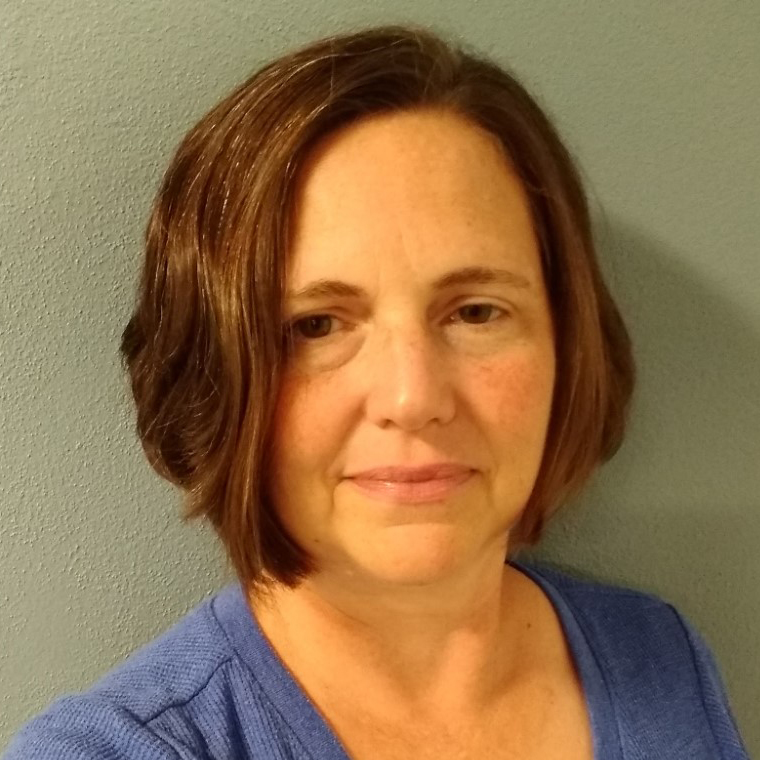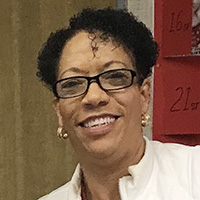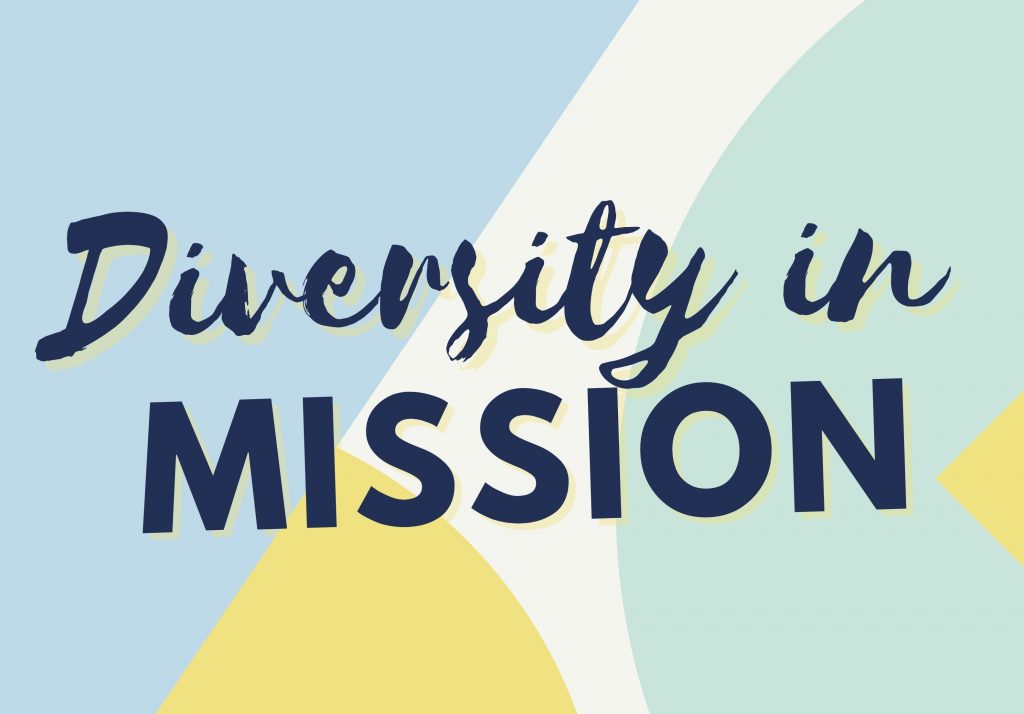by Andrew Zetts
The Faith and Life Commission of Mosaic Conference provides space for pastors and credentialed leaders to build ties of friendship and support. We convene quarterly to discuss scripture and listen to how we might interpret and apply those scriptures. We pray for each other and our congregations in light of our reflections. We seek to develop relationships of mutual trust and accountability, deepening our convictions and involvement in the congregations we lead.
It is common for congregants and community members to ask questions of pastors. So, what happens when pastors get together? Who asks the questions? It turns out, they all do.
At the most recent in-person Faith and Life Gathering that was hosted on August 28 at Swamp (Quakertown, PA) Mennonite, seven Mosaic pastors from different ministry contexts gathered to be formed by scripture and community with each other. The discussion centered around Matthew 16:13-20 and the foundations of the Church.
While the discussion and interpretation moved in a variety of directions, it was rooted in an important revelation in the text: Jesus is the Son of Man, God among us.
In a room of well-trained, highly experienced pastors, there was an air of humility and openness at our gathering. Pastors are famous for being verbose and ready to engage an audience. This wasn’t that kind of meeting.
Rather, it was a room full of questions, curiosity, and vulnerability. Throughout our hour and a half together, I heard things like: “I don’t know, what do you think?”, “What’s it like for you and your congregation?”, “I used to think about it this way, but my years of ministry have led me to think differently…”, and “I’m not really sure, how has your church handled it?”
At first, I was hesitant to attend. Life in ministry is busy, and the gathering was one of many color-coded rectangles on my Outlook calendar. I confess, I even arrived late.
But I left the gathering refreshed and renewed. Something transformative happens when we are in each other’s company, open ourselves up to the Spirit and each other, and prepare to be moved. My peers’ posture toward questions rather than certitude made mutual transformation even more likely.
In divisive times, gathering is essential. One of the participants reflected at the end of our meeting, “I’m glad I came today; this was a really humanizing experience.”
I’m grateful that Mosaic makes these Faith and Life gatherings possible, and I hope to do my own part in supporting the effort. I hope to be at the next one on November 6 in person or November 7, 2024, on Zoom. See you there!

Andrew Zetts
Andrew Zetts is Associate Pastor at Salford Mennonite (Harleysville, PA).















